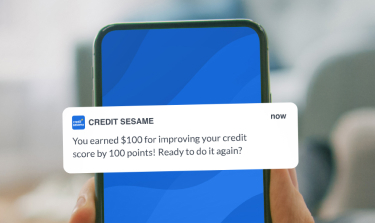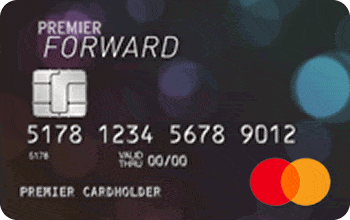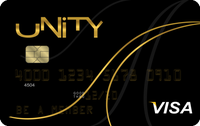
Although piggybacking for creditors can help you build your credit, there are some risks. Piggybacking's benefits depend on the credit history of the primary cardholder, as well as their spending and payment history. We will discuss some of the possible pitfalls and other options. Before you sign up for piggybacking it is crucial to understand how it works.
Authorized user tradelines
The authorized user tradelines are a way to piggyback on someone else’s credit. As long as the account holder permits it, this practice can help improve your credit score. Piggybacking on an account of someone else is a bad idea. You need to make sure you have good credit and can use the money properly. This can improve your credit score by up 22 points.
While it is not a legally regulated practice, it does fall within the scope of credit repair laws. The rules and regulations surrounding this practice are not followed by most companies. Not only must reputable companies not charge upfront fees but they also have to disclose their services and adhere to certain contractual requirements.

Building credit through piggybacking
Piggybacking can be an option for those who want to build their credit. This is a method that allows you to use an authorized user account on a card owned by another person. It can improve your credit score. Piggybacking has many benefits for people with poor credit reports and few accounts reporting. It is also beneficial to those with shorter credit histories.
Your credit score can be increased by piggybacking, which builds credit. Your credit history and credit score will determine the amount of credit increase. Federal Reserve study shows that people with low credit scores benefit most. The average increase is around 22 points, but the range is up to 64 points.
Risks of piggybacking
Piggybacking is a viable method for individuals with poor credit scores to improve their scores. Piggybacking works in most cases when it involves a family member or friend. Piggybacking comes with its own risks. It could affect your credit score if your benefactor is in debt or you are removed as an authorized user.
For one, piggybacking does not teach responsible credit habits or build a positive payment history, which is essential for improving your credit score. Additionally, piggybacking is not viewed favorably by lenders, who want to ensure that their borrowers can responsibly handle credit accounts.

Alternatives to piggybacking
Piggybacking can help you improve your credit score, but it is not a way to apply for a loan. But the problem is that piggybacking only improves your credit score if your score is already favorable. You'll need to look for other ways to increase your credit score before you consider piggybacking.
Piggybacking is a risky strategy, and it could do more damage than good. Since the credit card company is not required to report information for an authorized user, you may slip up and get a derogatory mark on their report. A missed payment can also have a negative impact on credit reports.